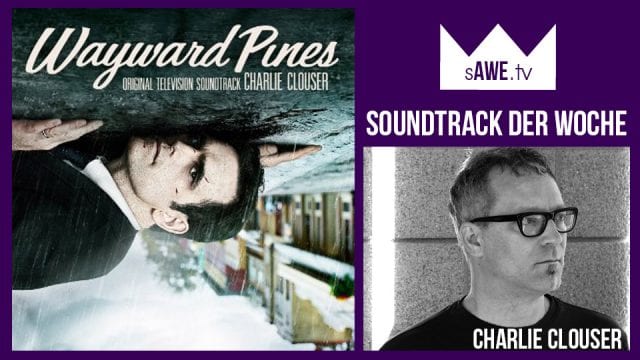
Die Serie – darum geht’s
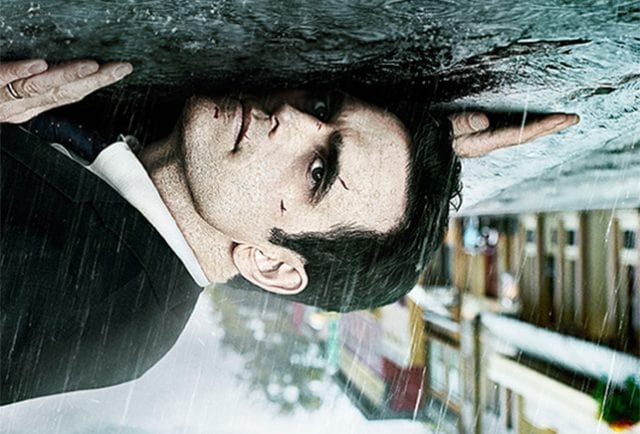
„Twin Peaks“ meets „Truman Show“ – so kündigte zumindest Sky die Serie „Wayward Pines“ im Sommer an. Spätestens seit dem Serienfinale wissen wir – das stimmt so nicht. Ist aber auch nicht schlimm, weil die Serie auch für sich genommen gut wirkt. Und vielleicht gibt es ja sogar eine Fortsetzung.
Im Mittelpunkt der bisherigen Serie steht Secret-Service-Agent Ethan Burke, der im Städtchen Wayward Pines zwei verschwundene Kollegen sucht. In Wayward Pines, irgendwo in Idaho, sind die beiden Secret-Service-Agenten verschwunden. Ethan Burke (gespielt von Matt Dillon) soll herausfinden, was seinen Kollegen zugestoßen ist. Auf der Fahrt dorthin überlebt er nur knapp einen Autounfall. Als er sich schwer verletzt nach Wayward Pines schleppt, scheint dort alles friedlich und idyllisch. Doch nach und nach bekommt die Fassade Risse. Ethan Burke merkt: Irgendetwas stimmt hier nicht. Je tiefer der Gestrandete in das Geheimnis von Wayward Pines eindringt, desto mehr Fragen tauchen auf. Und mit jedem Schritt, den er sich näher an die Wahrheit herantastet, scheint er sich weiter von dem Leben zu entfernen, das er bislang gekannt hat. In den nächsten Folgen verändert sich das Setting der Serie mitunter dramatisch. Die zehnteilige Mystery-Serie von Regisseur M. Night Shyamalan basiert auf der Buch-Trilogie „Pines“ von Blake Crouch, als Serie umgesetzt wird Wayward Pines von Chad Hodge.
Wenn man sich anschaut, wer bei Wayward Pines so dabei ist, dann kommt eine illustre Liste an bekannten Hollywood-Schauspielern zusammen: Matt Dillon („L.A. Crash“), Juliette Lewis („Kap der Angst“, „Natural Born Killers“, „From Dusk till Dawn“), Terrence Howard („Iron Man“, „The Butler“) und Melissa Leo („The Fighter“) zum Beispiel; oder eben Regisseur M. Night Shyamalan, der uns so großartige Filme wie „The Sixth Sense“ oder „Unbreakable“ beschert hat, zuletzt allerdings keine überzeigenden Filme mehr am Start hatte („Signs“, „The Village“ usw.). Wayward Pines ist seine erste große TV-Produktion.
Der Komponist
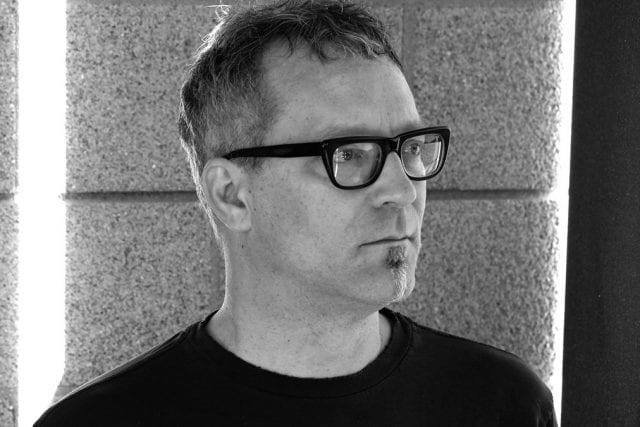
Die Musik zur Serie stammt von Charlie Clouser – bekannt als Bandmitglied von Nine Inch Nails und als fleißiger Remixer von Tracks für David Bowie, Jamiroquai oder Trent Reznor. Für seine Arbeit für Alice Cooper und Rob Zomie erhielt er zwei Grammy-Nominierungen. Begonnen hatte er mit dem Studium von Electronic Music, ging dann nach New York, um dort in den 80ern als Session-Musiker aktiv zu sein. In den 90ern wurde er dann als Sound-Programmierer für den Score von The Equalizer eingekauft:
I left Nine Inch Nails in 2001 and came back to Los Angeles and reunited with the composer who had hired me in the early 90’s and he was kicking around L.A. and said, ‘There are some more television shows if you want to get back on the horse‘. So we reunited and scored a series on FOX called ‘Fast Lane’ that only lasted for one season. But right as that ended, I got a call from my lawyer, of all people, who said, ‘Hey, there’s these guys who have this little indie horror flick and they’ve used a bunch of your really obscure remixes in their temp soundtrack for the score. Do you want to talk to them and see about maybe scoring their movie?’ This was the first Saw film.
Im Kino war er später mit sieben Saw-Filmen vertreten, auch die Musik zu Resident Evil: Extinction stammt von ihm. Seriengucker kennen ihn als Score-Komponist von Numb3ers, Las Vegas und Fastlane – dazu die Titelmusik von American Horror Story.
Clouser selbst ist übrigens Fan von Cliff Martinez, den wir hier im Zusammenhang mit dem The Knick-Soundtrack ja auch schon einmal vorgestellt haben. Gegenüber Cinelinx sagte Clouser:
I’ve always been a fan of the work of Cliff Martinez. A lot of his scores for movies like Solaris have a hypnotic, muted feel where things almost sound like they’re, not underwater, but coming from behind a closed door. The music almost has its back turned to you. So I did try to accomplish some of the character that he does from time to time, and have a little bit of a darkness and a hypnotic quality. There are quite a few cues through Wayward Pines that have this sort of hypnotic musical pattern that’s playing. It’s not a drum part, it would usually be on a harp or playing of guitar with fingers. Very simple, repeating phrases that gradually evolve and change key while keeping some type of internal rhythm and pace going. It’s something that Cliff does quite well in his scores, and that aspect of it is something I wanted to incorporate into this. Those hypnotic patterns can make you feel like the clock is definitely ticking, but again it’s not a drum that you are hearing, it’s not some percussion part.
Zurück zu Charlie Clouser selbst: Die Zeit bei den Nine Inch Nails bereut er nicht, vermisst die Momente aber auch nicht groß, wie er gegenüber Dreadcentral bestätigt:
I wouldn’t swap my experience doing the Nails live thing for anything. But at this stage in the game, I love being the studio hermit and experimenting with tones and textures, trying to find a way to match them up against these ungodly horrific images that people like, that folks like James Wan and M. Night put on the screen.






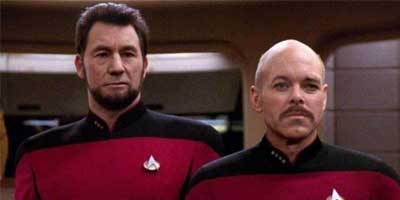




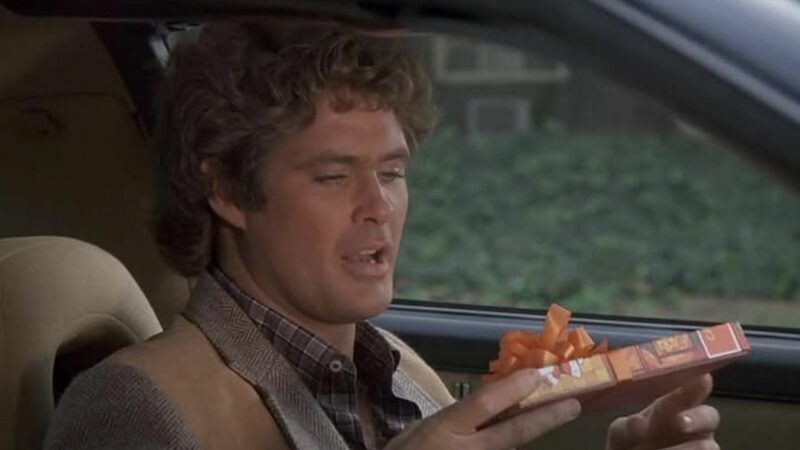
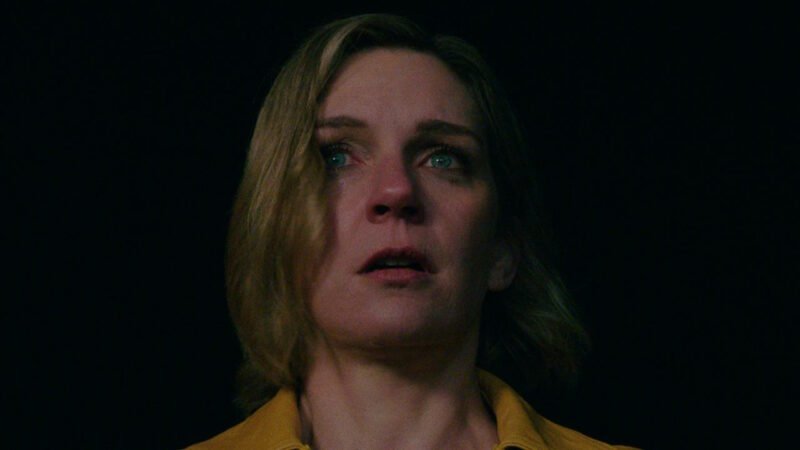
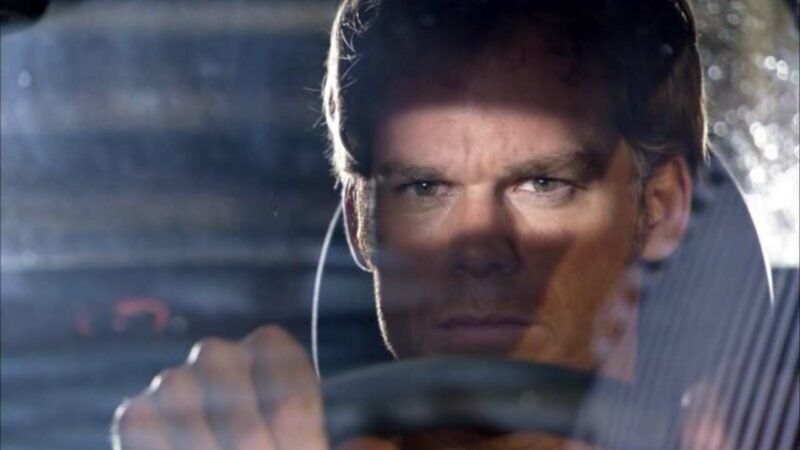







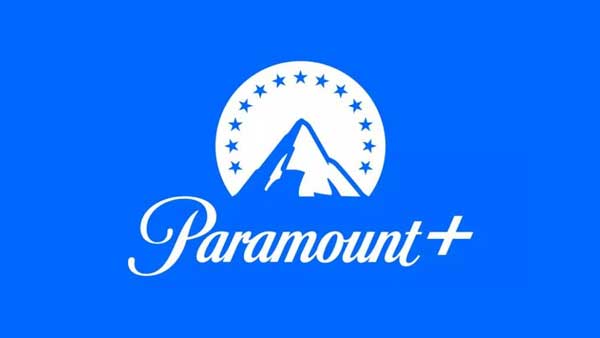





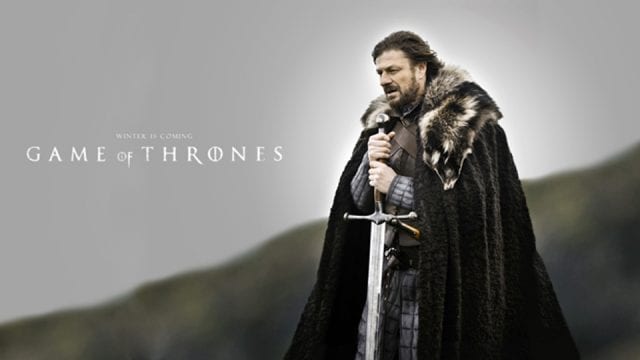
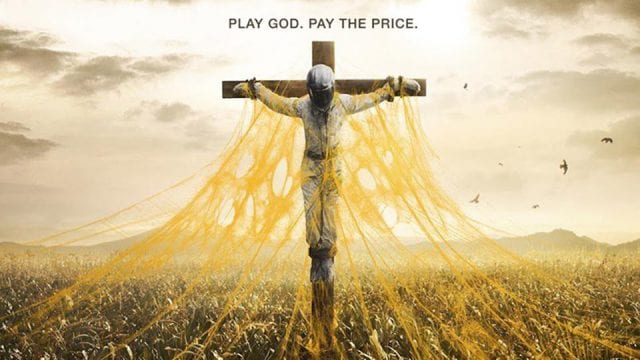

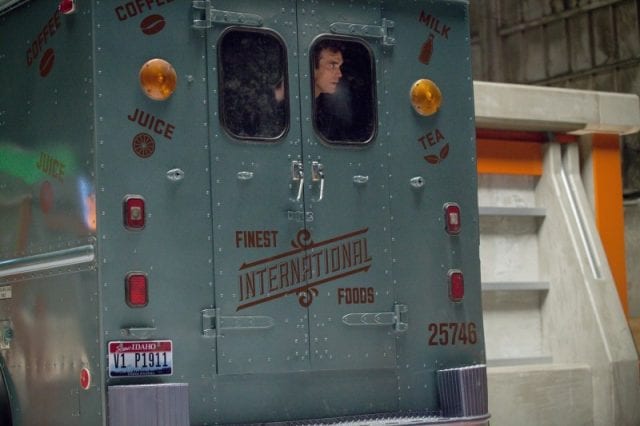


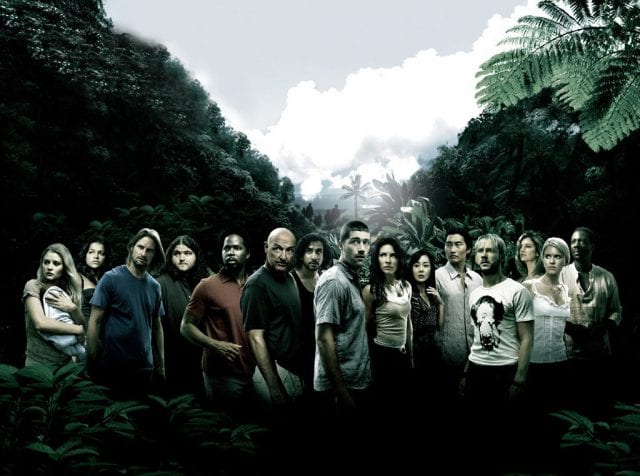
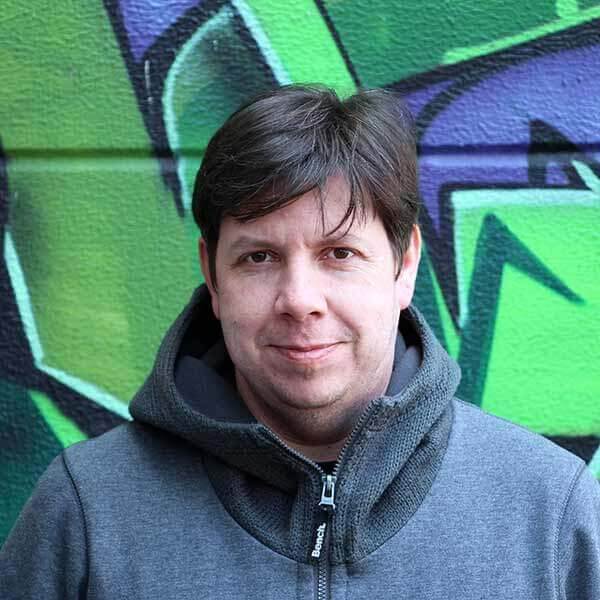



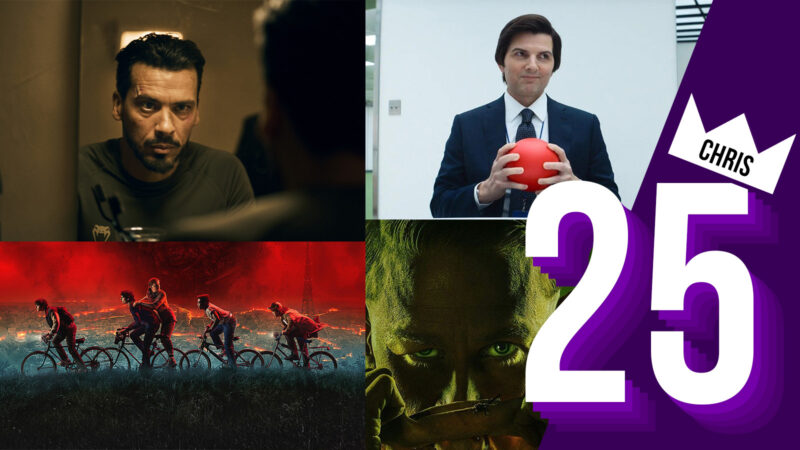


Kommentiere
Trackbacks